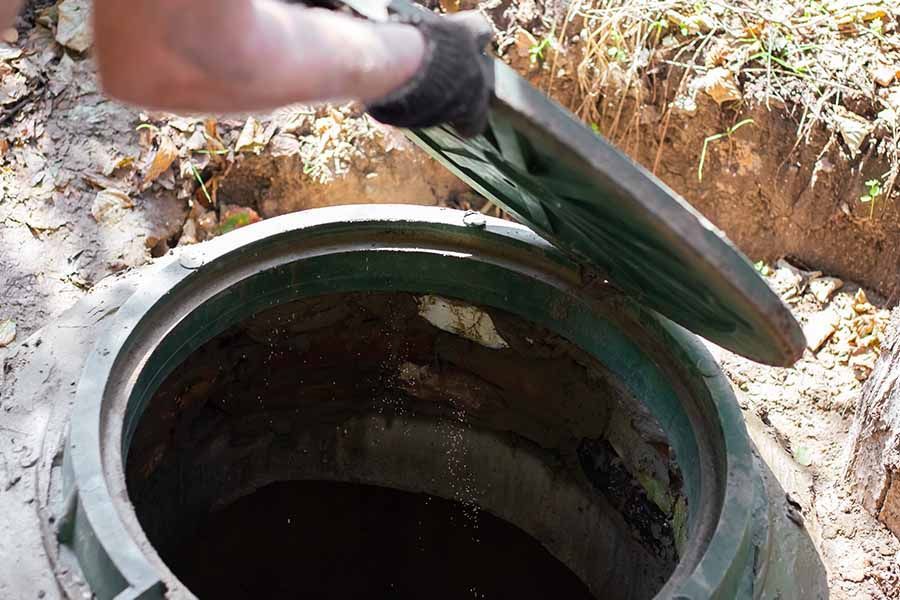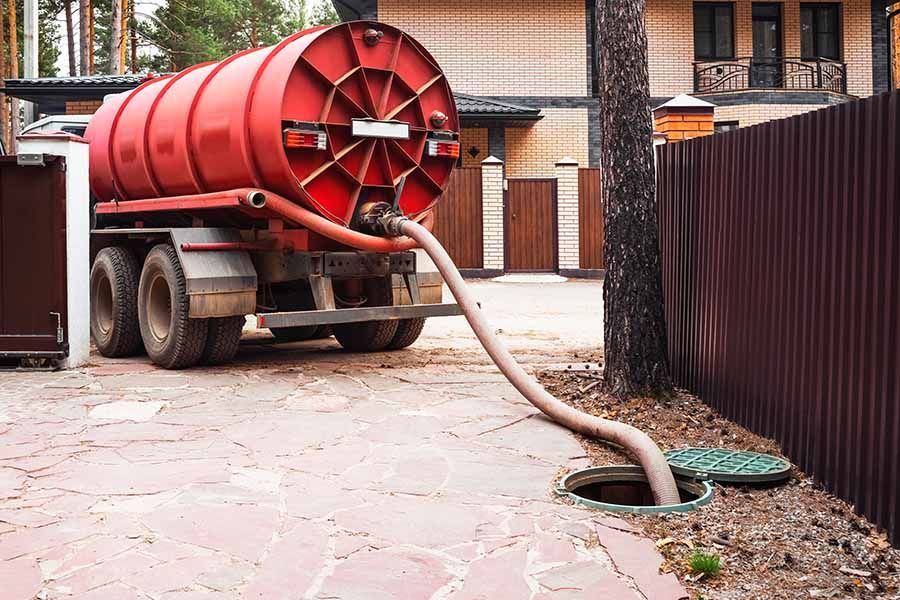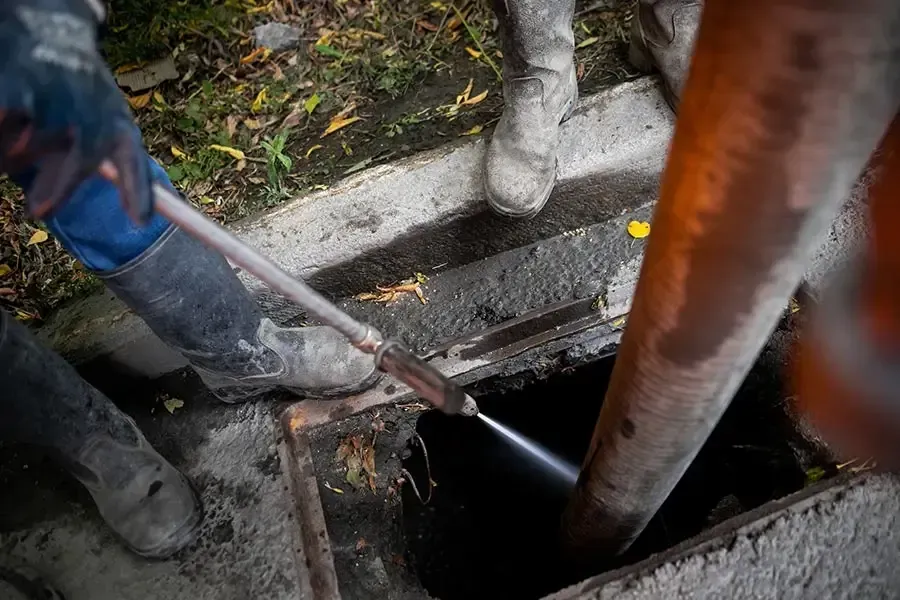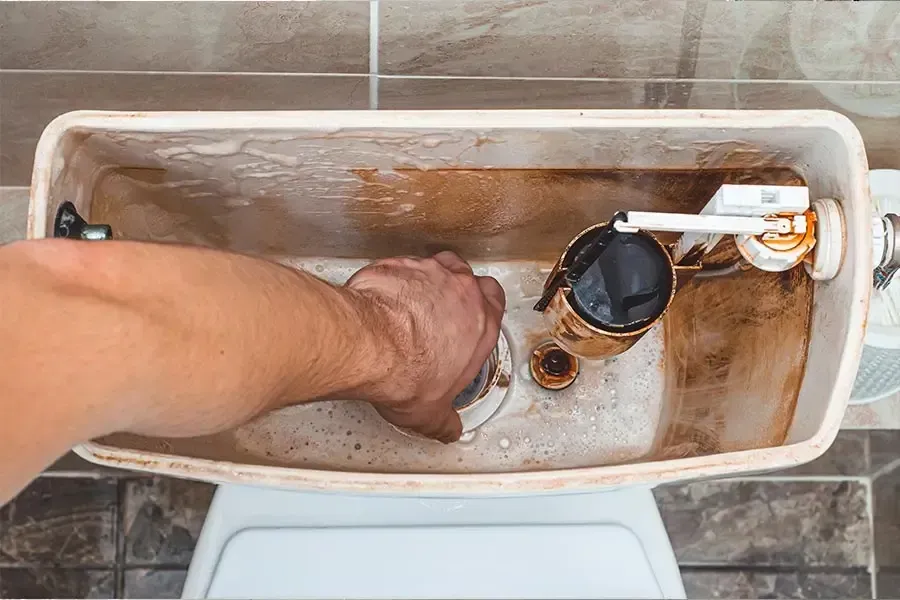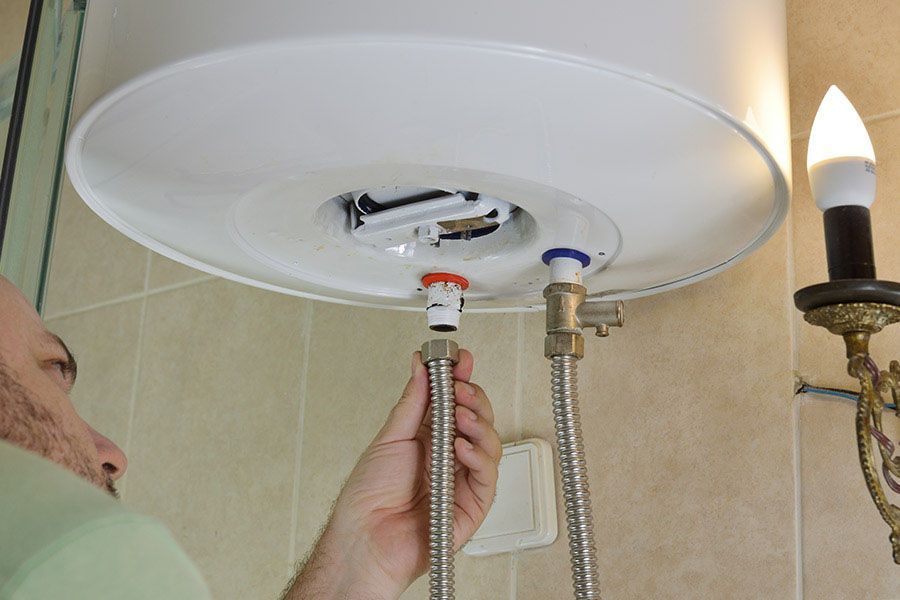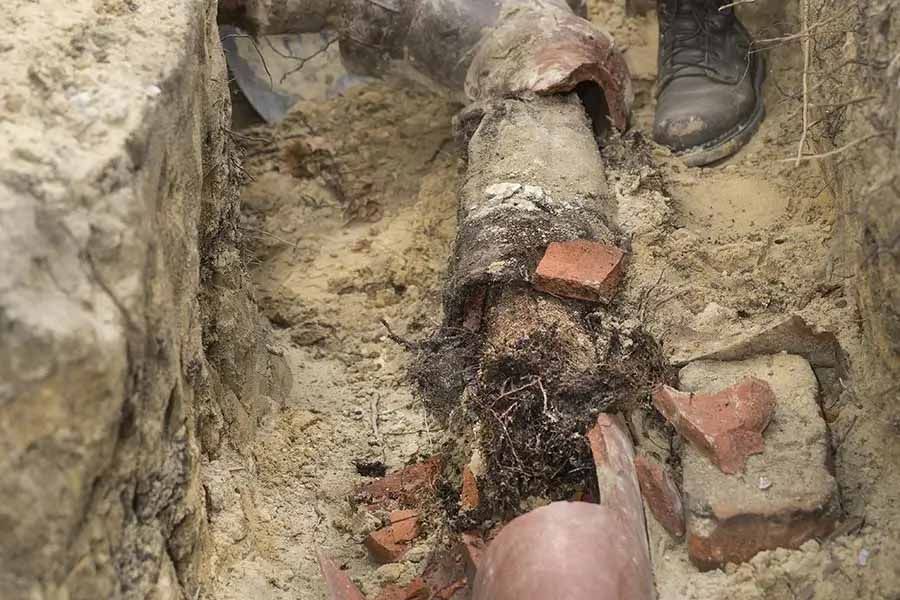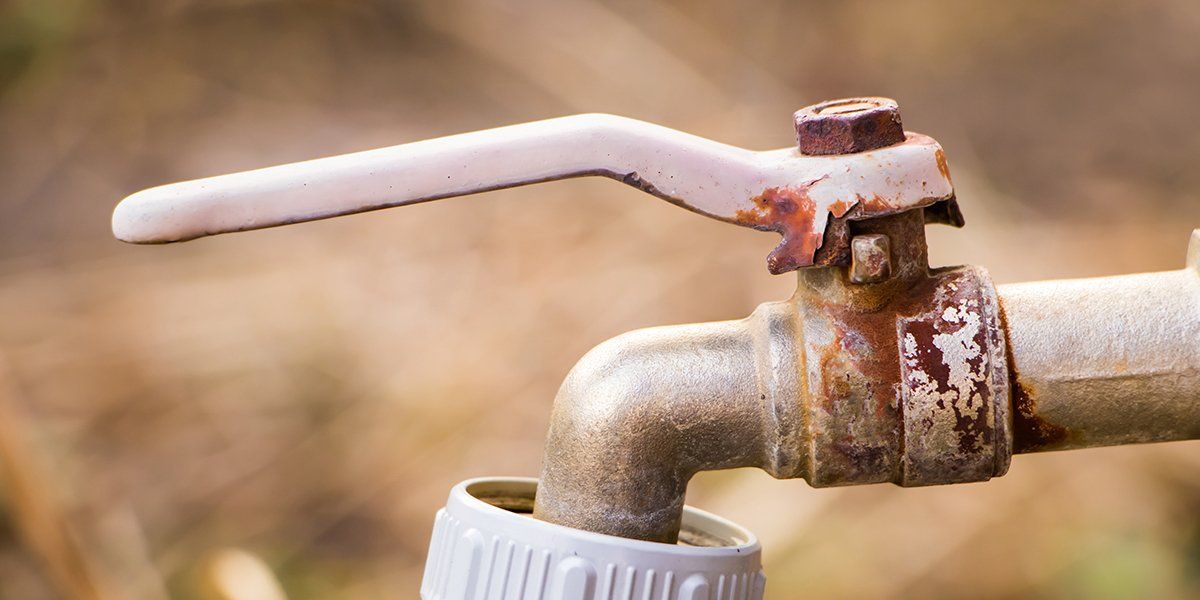
Built with lasting materials and vintage styles, older homes have a charm that new homes can't duplicate. Sellers price old houses affordably if they think a buyer won't mind fixing them up, making old homes more accessible to budget-minded families.
With every old home comes a host of old problems. The building methods and materials acceptable in decades past won't likely be up to par with modern-day life. New homeowners may run into these four plumbing problems in old homes.
If an older home gives you plumbing troubles, you can count on the
excellent plumbing services by King's Services in Winnipeg.
1. Old Plumbing Materials Crack, Leak, or Rust
Plumbing problems in old homes often stem from the materials the builders used in the plumbing. Knowing the age of your home helps with figuring out what kind of pipes you might have, though previous homeowners may have done their own updates.
Because there have been many changes in plumbing technology over time, homeowners sometimes find a mixture of pipe materials throughout their homes. Trusting a professional plumbing service like King's Services in Winnipeg helps you understand what can stay and what needs immediate replacement.
Lead Pipes Can Cause Lead Poisoning
New homeowners with older homes often find their plumbing contains lead, a popular pipe material from past decades. Due to its toxic effects, the US started applying restrictions to the use of lead in the 1920s but didn't ban the material entirely until 1986.
While the ban prevented future homes from lead pipes, no one updated plumbing already using the material unless their waterworks developed a problem. An older home may have lead pipes today because lead offers durability, lasting up to 100 years without issue.
Lead pipes can cause lead poisoning, which comes with a host of health issues, including:
- Joint pain
- Gastrointestinal pain
- Irritability
- Fatigue
- Memory loss
If you suspect your home has lead pipes, consult with a plumber to discuss replacing them immediately to stop exposure.
Galvanized Pipes May Rust
Popular in homes built before the 1960s, galvanized pipe plumbing consists of iron coated with a layer of zinc to help prevent rusting. These pipes can last as long as 60 years, meaning that a home built in 1960 may only now begin to suffer from deteriorating pipes.
Some homeowners have found their galvanized pipe clogged with rust far before the 60-year mark. Others notice that during removal, the galvanized pipe was so brittle that it snapped apart during replacement.
Older homes that have galvanized pipes sometimes replace them bit by bit. Those homeowners who don't want constant plumbing work over time opt for a total replacement after detecting the first issue.
Polybutylene Plumbing Can Crack
As plumbing technology progressed, polybutylene pipes made their appearance in the 1970s and became popular in the 1980s. These pipes often appeared in mobile homes, though many houses used them as an alternative to copper water lines.
These new pipes didn't last long, however. Soon homeowners suffered from plumbing problems because their polybutylene plumbing cracked or flaked apart. Treated city water caused a chemical reaction in the plastic, creating weakened pipes as the water flowed through.
No manufacturer makes polybutylene pipes in modern times, and current plumbing containing the material needs replacement before the lines become a problem.
Other Problematic Pipe Materials
Some plumbing materials saw much shorter stints of popularity than lead, galvanized pipe, or polybutylene. While not used as often, other problematic pipe materials include:
- Clay pipes that crush and break easily under pressure
- Transite material, another form of clay pipe made of concrete and asbestos
- Orangeburg pipes made out of tar paper that crack, crush, and break
- Cast iron pipes, highly susceptible to weakening by corrosion
2. Pipe or House Shifting
Over time, homes shift and settle along with the ground beneath them. As your house shifts, so does the plumbing. Shifting pipes suffer from strain and may crack, warp, or break depending on the severity of the movement.
Some plumbing problems in old homes start when pipes encased in concrete or buried under your home begin to shift downward. As they sink, your lines bow and create a pipe belly.
Pipe bellies restrict water flow and allow waste pools to accumulate, making your pipes work harder over time. With this extra pressure, your lines begin to leak, clog, and eventually may burst. A professional plumber can recognize and repair pipe bellies to keep your plumbing working well.
3. Outdated Fixtures Look Great but Work Badly
When homeowners view older homes, they become charmed by the historic appearance of antique water fixtures. Brass, copper, and cast iron faucets put on a good show, but they often hide issues like leaks and inefficient water flow. If you move into an older house, keep an eye on your water usage so you can catch minor problems before they grow.
Inspect old water fixtures for rust or worn-down water connections. These issues not only affect your water bill but might cause water damage to your home.
4. Failing Water and Sewer Lines
Failing water lines often result in a dip in water pressure. If your water pressure suddenly changes, you may have a broken water line leaking into your ground or home. Not addressing this issue soon may result in an increased water bill on top of the plumbing repair.
Old lines leading to septic tanks or the city sewers don't stand up well to modern-day appliances like garbage disposals and dishwashers. If they don't spill into your home, they may be dumping water or waste beneath your house.
Some signs of failing sewer lines include:
- Bad odors coming from drains
- Drains working slower than usual
- Toilets not flushing properly
- Bubbling or gurgling noises when flushing
- Water backing up out of drains
Are You Experiencing Plumbing Issues in Winnipeg?
If you feel familiar with these four plumbing problems in old homes, you may need professional plumbing repair. Call 204-815-5886 to speak with the plumbing professionals at Kings Services today.
Is your sump pump working but not draining the water under your home?
Know the causes of a sump pump that's not draining.



